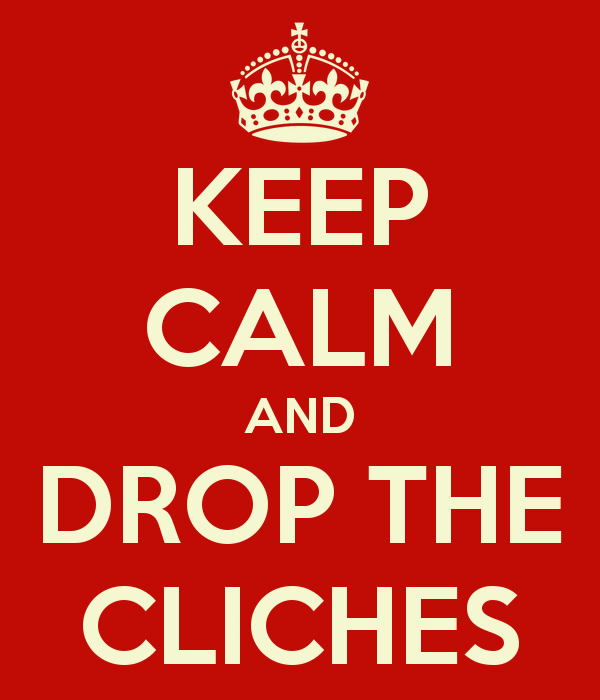 |
| You decide. |
If there's one constant difficulty in business writing, it's abstract words.
The concepts we seek to convey are often abstractions, and we have an inclination to use big words, thinking they lend gravitas to our brilliance.
Turns out our readers can sniff this out, and turn us off when they do.
Jamie Reilly, now a professor at Temple University, and his colleagues analyzed more than 2,000 English nouns and found that, to some extent, abstract nouns tend to be longer and more morphologically complex (having more prefixes and suffixes) than concrete ones.
Here's the problem, Jessica Love writes in The American Scholar:
We as English speakers have internalized these differences, and will happily use them to gauge the concreteness or abstractness of strings of letters. And nouns that don’t conform to our ideas about how they should sound—abstract nouns that are short and simple, concrete ones that are long and complex—are understood more slowly than those that meet our expectations.One possibility is that the two classes of nouns differ etymologically, she writes.
Old English has Germanic origins. But since the 11th century, Latin has also exerted a powerful influence on the language. And beginning in the Renaissance, when it became more acceptable to engage in religious and scientific discourse in one’s own mother tongue, the English language hungrily acquired (and anglicized) a swath of Latin terms wholesale. English writers have long played the distinctive properties of Latinate and Germanic words against each other.
In a 1984 essay, historian Jacques Barzun makes the explicit observation that Latinate words tend to be more abstract than even their nearest Germanic equivalents. The English language, he writes, “possesses two vocabularies, nearly parallel, which carry the respective suggestions of abstract and concrete, formal and vernacular. A writer can say concede or give in; assume or take up; deliver or hand over; insert or put in; retreat or fall back.” Indeed, in tracking down the etymology of those 2,000 English nouns, Reilly and his colleagues find that abstract ones tend to be Latinate, while concrete ones have a wider range of etymological origins—most commonly Germanic.There it is. We have the choice. The only rule is that our readers must understand us, and our selection words must not interfere.





